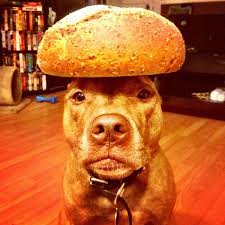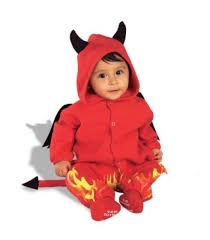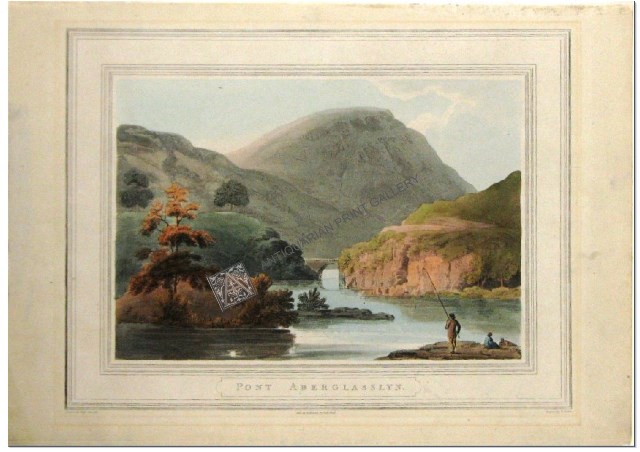 Loading... Please wait...
Loading... Please wait...All prices are in All prices are in NZD
Categories
- Home
- Blog History Revisited
- William Maddocks
Blog History Revisited - William Maddocks
Halloween, Welsh Folklore, the Devil and Black Robin the Magician
Posted by ©Sandra Ker, Antiquarian Print Gallery, South Australia. Dealer in Antique Prints & Maps. www.historyrevisited.com.au on 26th Oct 2015
Engineering a Solution with Benefits-William Maddocks & "The Cob"
When I sat down to research this beautiful, idyllic, delicately hand coloured aquatint of "Pont Aberglasslyn", featuring dramatic Welsh hills, peaceful estuary and some recreational fishermen...how did I end up with "Halloween"?
It seems Pont Aberglasslyn has an intriguing connection to the Devil according to Welsh folk lore. Situated in the parish of Nantmor, landowners had benefited significantly from the land reclamation made possible by the construction of a sea wall. Known as "The Cob", it was built by William Maddocks at Porthmadog in 1810. The Cob, across the Traeth Mawr estuary, is illustrated here. The Glasslyn estuary was tidal as far as Pont Aberglasslyn. The fisherman's path, through the pass, was used as a route to the coast. It gradually fell out of use, and through erosion by the river, became impassable. Contextually, there may be significance in the fact that a 6th century Monastery was but a mile away from this location.
Welsh Folklore, the Devil and the Magician

Now, according to local folk lore it was the Devil who built the bridge, seen in the middle distance, on condition that he would receive the soul of the first living creature that crossed the river Glasslyn "by use of it". Upon finishing the structure he went to the local Inn where he found the local Magician, Robin Ddu. It was Robin Ddu the Devil told the bridge was completed. Robin Ddu, on his way to inspect the bridge, had managed to lure a local dog with a loaf of freshly baked bread, so the story goes. Once the bridge was in view he politely asked the Devil whether it was indeed sturdy enough to withstand the weight of a loaf. The Devil was shocked, nay insulted! He demanded the Magician throw his loaf onto the bridge upon which the dog chased it across the bridge. The happy human consequence was the Devil was robbed of a human soul, unhappily for the hapless dog though. The Magician returned to the Inn and finished his drink with satisfaction, probably in front of a cosy fire.
Robin Ddu ap Siencyn Bledrydd of Anglesey

Robin Ddu , also known and Black Robin the Magician, was a real character of history but as Robin Ddu ap Siencyn Bledrydd of Anglesey around 1450. He was a poet but sometimes known as a prophetic poet. Approximately 90 original manuscripts have been preserved at Bangor University. Ddu was a supporter of the Tudors in the War of the Roses, writing an elegy on the death of Owain Tudor (c.1400– 1461).
He did pretend to be a sorcerer or wizard at times and appears as a character in many a Welsh tale on the strength of that. So does this qualify as Halloween material? Would Black Robin the Magician, or the Wizard, be worthy of a costume in the 21st century Halloween Party?
tale on the strength of that. So does this qualify as Halloween material? Would Black Robin the Magician, or the Wizard, be worthy of a costume in the 21st century Halloween Party?
©Sandra Ker www.historyrevisited.com.au
Recent Posts
- » Lady Sarah Lennox, King George III & The Honourable George Napier
- » Schomburgk's Botanic Garden & Park Plan, 1874
- » "City of Adelaide" Clipper Ship - What is Old Is New Again
- » Napoleon, Hudibrastic Poetry, Doctor Syntax & the Power of Satire
- » Colonial Melbourne to Albury "Parlour Car" Photo Connects to Adelaide Past & Present






